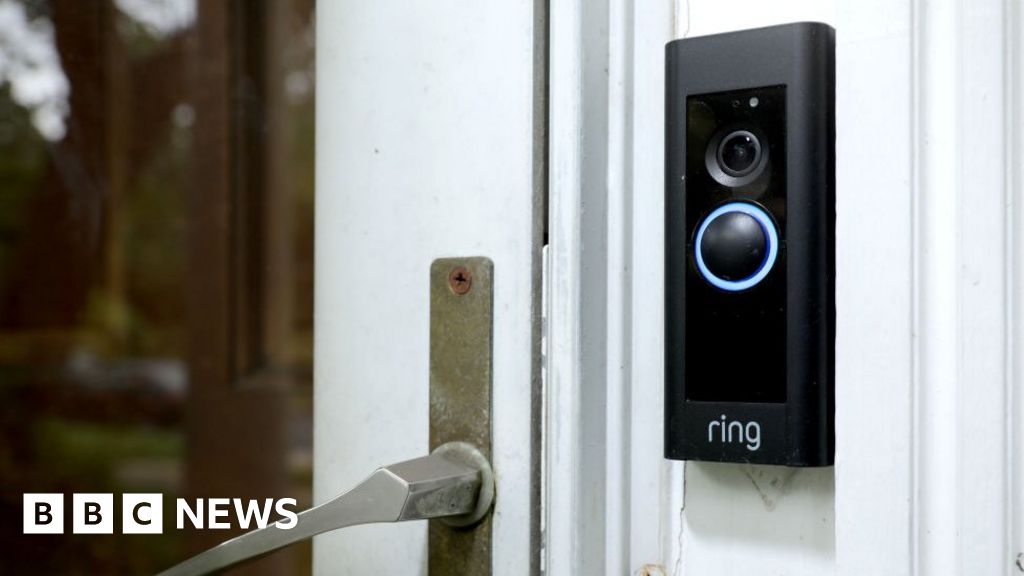
Tor says it’s "still safe" amid reports of police deanonymizing users
The Tor Project is attempting to assure users that the network is still safe after a recent investigative report warned that law enforcement from Germany and other countries are working together to deanonymize users through timing attacks.











